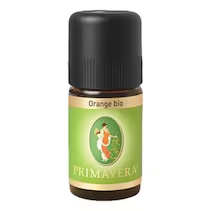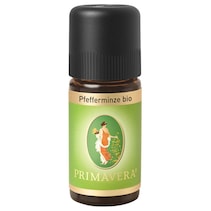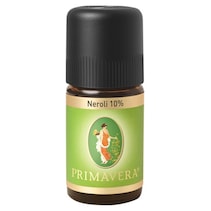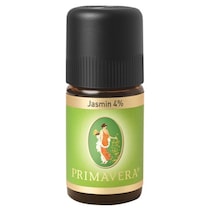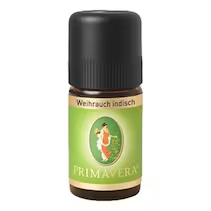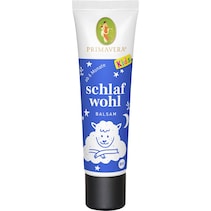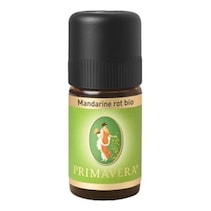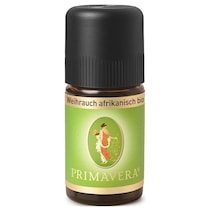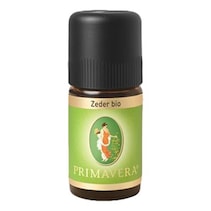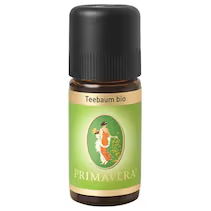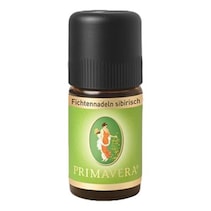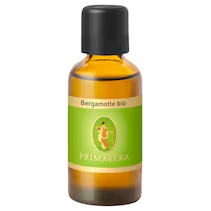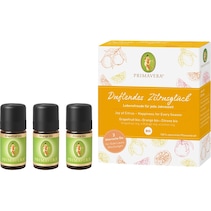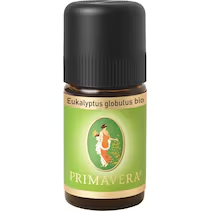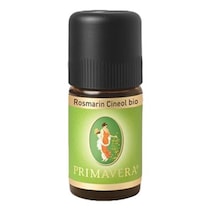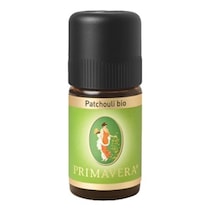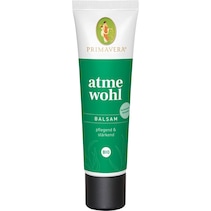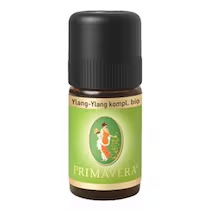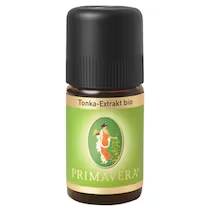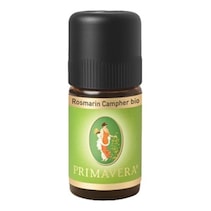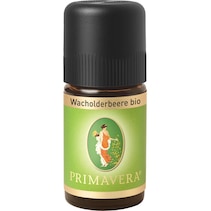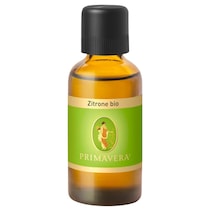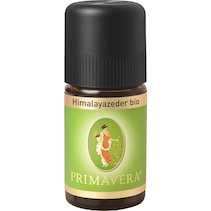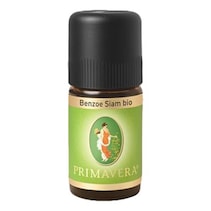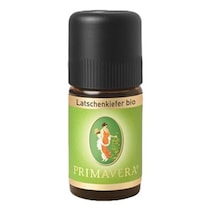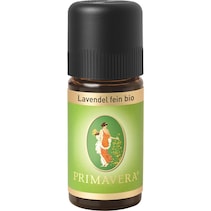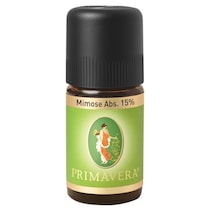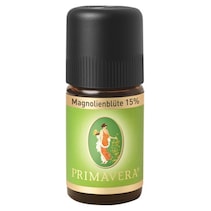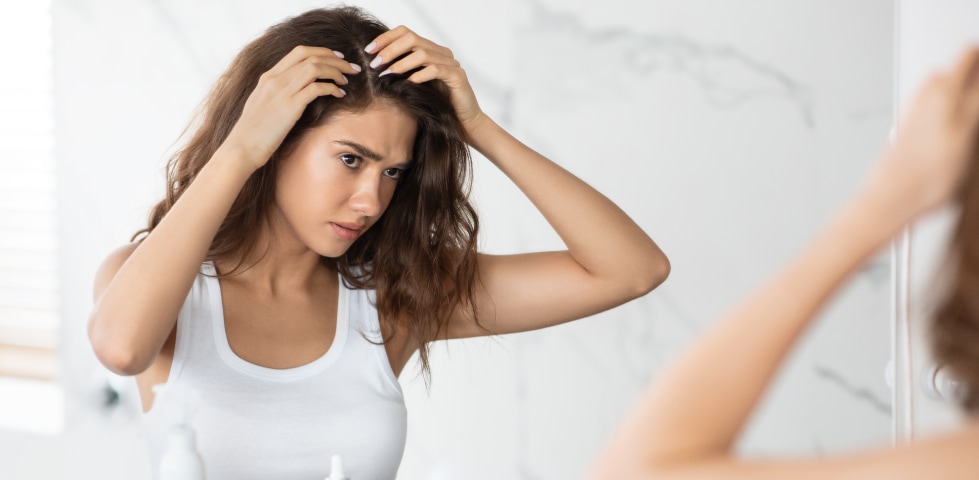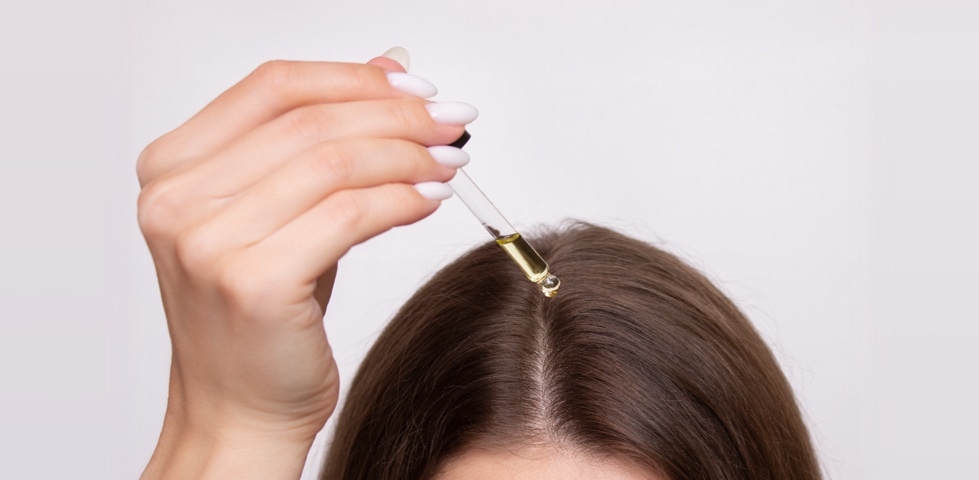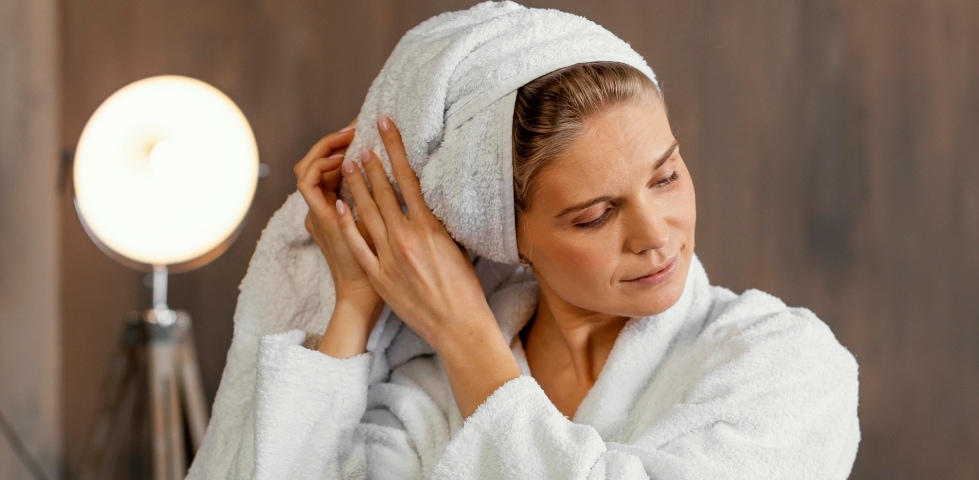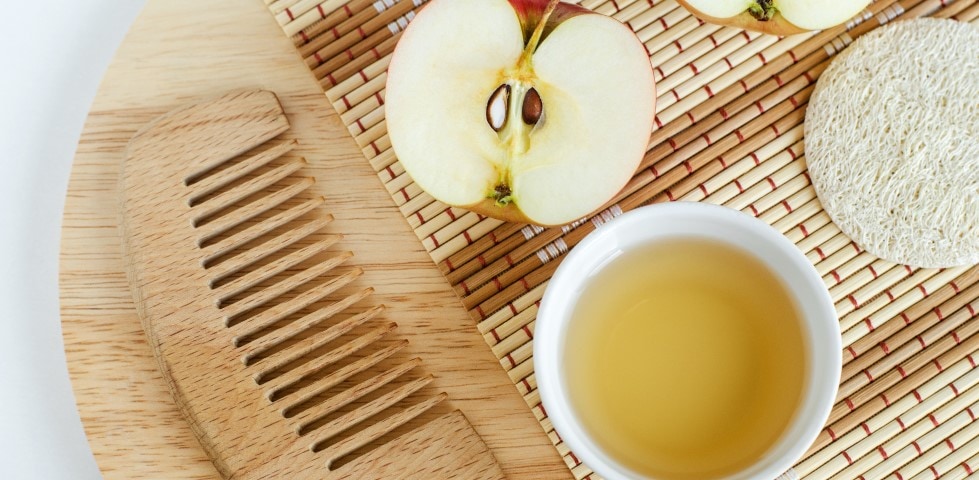
Apple cider vinegar for hair: natural care and healthy shine
Apple cider vinegar is a tried-and-tested home treatment for many things. It's also a popular natural product for organic hair care that is effective against dandruff and split ends. The benefits of apple cider vinegar, – from scalp conditioning to improved hair structure, are soon obvious and, if used correctly, it can make a big difference.
21 October 2024
Table of contents
What can cider vinegar do for your hair and scalp?
Rinsing your hair with apple cider vinegar may sound a bit outdated, but the slightly acidic pH of apple cider vinegar can help to restore the acid mantle of the hair and scalp. Many conventional shampoos are alkaline in order to open the outer cuticle layer of the hair and effectively cleanse it, but you can correct the resulting pH imbalance by rinsing with apple cider vinegar.
An acidic rinse – which is another name for an apple cider vinegar rinse – can close the cuticle again, making the hair smoother and giving it more shine. Apple cider vinegar also has antibacterial properties that can help reduce dandruff. What's more, apple cider vinegar promotes blood circulation which in turn stimulates hair growth. Apple cider vinegar cleanses the hair, removes care product residues and eliminates hard tap water deposits that make the hair brittle.
Shampoo
Shampoo
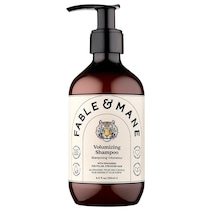
Fable & Mane
MahaMane
Hair care
Volumizing Shampoo

28.95 € 26.06 €
- 22.58 €
- 20.32 €
- 28.95 €
- 26.06 €
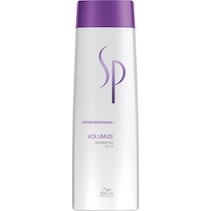
Wella
Volumize
SP Care
Volumize Shampoo

26.85 € 24.17 €
- 20.94 €
- 18.85 €
- 26.85 €
- 24.17 €
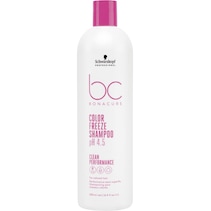
Schwarzkopf Professional
Color Freeze
BC Bonacure
Shampoo

23.49 € 21.14 €
- 18.32 €
- 16.49 €
- 23.49 €
- 21.14 €
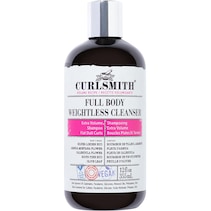
Curlsmith
Shampoo
Hair care
Full Body Weightless Cleanser

23.95 € 21.56 €
- 18.68 €
- 16.81 €
- 23.95 €
- 21.56 €
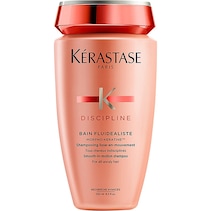
Kérastase
Discipline
Hair care
Bain Fluidéaliste

35.00 € 31.50 €
- 27.30 €
- 24.57 €
- 35.00 €
- 31.50 €
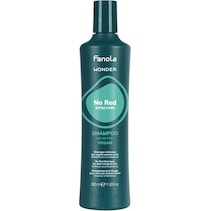
Fanola
Wonder
Hair care
No Red Shampoo

21.35 € 19.22 €
- 16.65 €
- 14.99 €
- 21.35 €
- 19.22 €
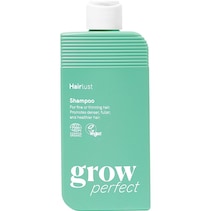
Hairlust
Shampoo
Hair
Grow Perfect™ Shampoo

25.95 € 23.36 €
- 20.24 €
- 18.22 €
- 25.95 €
- 23.36 €
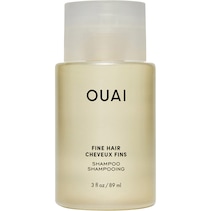
Ouai
Shampoo
Hair
Fine Hair Shampoo

15.95 € 14.36 €
- 12.44 €
- 11.20 €
- 15.95 €
- 14.36 €
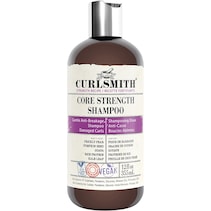
Curlsmith
Shampoo
Hair care
Core Strength Shampoo

23.95 € 21.56 €
- 18.68 €
- 16.81 €
- 23.95 €
- 21.56 €
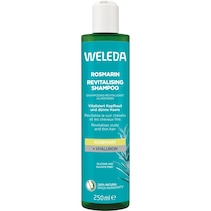
WELEDA
Shampoo
Hair care
Vitalising rosemary shampoo
Silicone-free, with hyaluronic acid & organic rosemary oil for volume & care

6.95 € 6.26 €
- 5.42 €
- 4.88 €
- 6.95 €
- 6.26 €
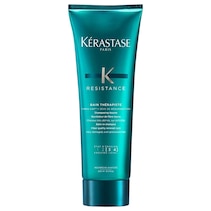
Kérastase
Résistance
Hair care
Bain Thérapiste

35.00 € 31.50 €
- 27.30 €
- 24.57 €
- 35.00 €
- 31.50 €
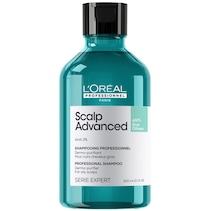
L’Oréal Professionnel Paris
Serie Expert Kopfhaut
Hair care
Anti-Oiliness Dermo-purifier Shampoo

24.10 € 21.69 €
- 18.80 €
- 16.92 €
- 24.10 €
- 21.69 €
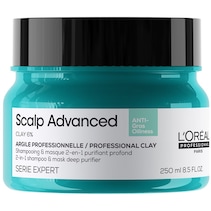
L’Oréal Professionnel Paris
Serie Expert Kopfhaut
Hair care
Anti-Oiliness 2in1 Deep Purifier Clay

32.20 € 28.98 €
- 25.12 €
- 22.60 €
- 32.20 €
- 28.98 €
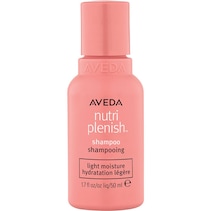
Aveda
Shampoo
Hair Care
Light Moisture Shampoo
Nutri Plenish

11.95 € 10.76 €
- 9.32 €
- 8.39 €
- 11.95 €
- 10.76 €
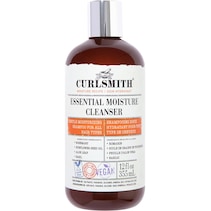
Curlsmith
Shampoo
Hair care
Essential Moisture Cleanser

23.95 € 21.56 €
- 18.68 €
- 16.81 €
- 23.95 €
- 21.56 €
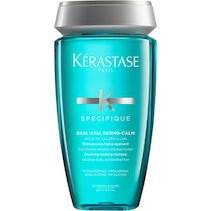
Kérastase
Spécifique
Hair care
Bain Vital

35.00 € 31.50 €
- 27.30 €
- 24.57 €
- 35.00 €
- 31.50 €
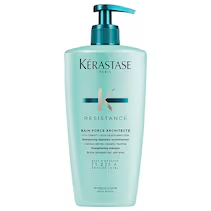
Kérastase
Résistance
Hair care
Bain Force Architecte

57.20 € 51.48 €
- 44.62 €
- 40.15 €
- 57.20 €
- 51.48 €
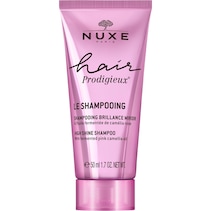
Nuxe
Hair Prodigieux
Hair care
High Shine Shampoo

7.95 € 7.16 €
- 6.20 €
- 5.58 €
- 7.95 €
- 7.16 €
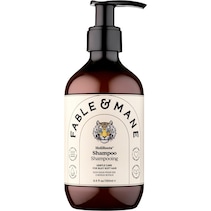
Fable & Mane
HoliRoots
Hair care
Shampoo

28.95 € 26.06 €
- 22.58 €
- 20.32 €
- 28.95 €
- 26.06 €
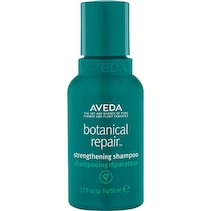
Aveda
Shampoo
Hair Care
Strengthening Shampoo
Botanical Repair

11.95 € 10.76 €
- 9.32 €
- 8.39 €
- 11.95 €
- 10.76 €
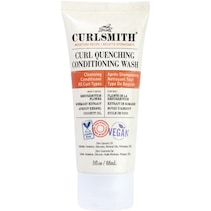
Curlsmith
Shampoo
Hair care
Curl Quenching Conditioning Wash

10.95 € 9.86 €
- 8.54 €
- 7.69 €
- 10.95 €
- 9.86 €
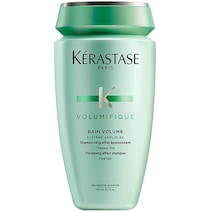
Kérastase
Résistance
Hair care
Bain Volumifique Shampoo

31.80 € 28.62 €
- 24.80 €
- 22.32 €
- 31.80 €
- 28.62 €
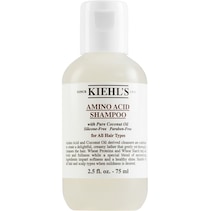
Kiehl's
Shampoos
Hair care & hair styling
Amino Acid Shampoo

13.95 € 12.56 €
- 10.88 €
- 9.79 €
- 13.95 €
- 12.56 €
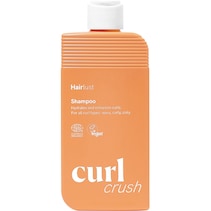
Hairlust
Shampoo
Hair
Curl Crush™ Shampoo

25.95 € 23.36 €
- 20.24 €
- 18.22 €
- 25.95 €
- 23.36 €
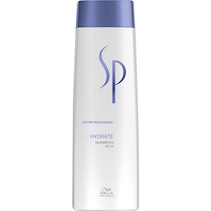
Wella
Hydrate
SP Care
Hydrate Shampoo

26.85 € 24.17 €
- 20.94 €
- 18.85 €
- 26.85 €
- 24.17 €
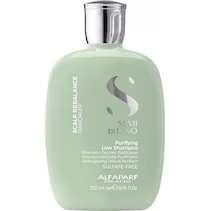
Alfaparf Milano
Semi di Lino
Hair Care Collection
Scalp Rebalance Purifying Low Shampoo

19.95 € 17.96 €
- 15.56 €
- 14.00 €
- 19.95 €
- 17.96 €
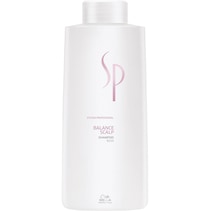
Wella
Balance Scalp
SP Care
Balance Scalp Shampoo

76.60 € 68.94 €
- 59.75 €
- 53.77 €
- 76.60 €
- 68.94 €
Which hair and skin types can benefit from apple cider vinegar?
Since apple cider vinegar is so versatile, almost every skin and hair type can benefit from it. People who suffer from an oily scalp can take advantage of the sebum-regulating effect of apple cider vinegar, while people who tend to have a dry scalp and are prone to dandruff can benefit from its moisturising properties. Apple cider vinegar strengthens the structure of fine hair, and the same applies to damaged hair. Apple cider vinegar can also prevent split ends and reduce frizz. Curly hair gains more definition thanks to apple cider vinegar.
Anti-frizz conditioner
Anti-frizz conditioner
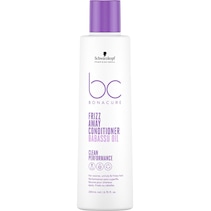
Schwarzkopf Professional
Frizz Away
BC Bonacure
Conditioner

18.99 € 17.09 €
- 14.81 €
- 13.33 €
- 18.99 €
- 17.09 €
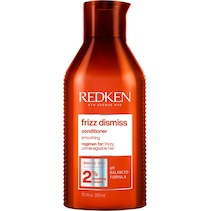
Redken
Frizz Dismiss
Curl Hair
Conditioner

28.90 € 26.01 €
- 22.54 €
- 20.29 €
- 28.90 €
- 26.01 €
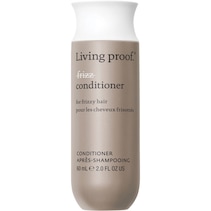
Living Proof
No Frizz
Hair care
Conditioner

15.95 € 14.36 €
- 12.44 €
- 11.20 €
- 15.95 €
- 14.36 €
How can you incorporate apple cider vinegar into your hair care routine?
There are various ways to integrate apple cider vinegar into a hair care routine. It's important to always dilute it with water before use, though. Add around four to five tablespoons of apple cider vinegar to each litre of water. Here are a few ways you can use apple cider vinegar:
- Acidic rinse: The traditional way to use apple cider vinegar for your hair is an acidic rinse. This involves rinsing the hair with a mixture of apple cider vinegar and water after washing out the shampoo. To maximise the effect of an apple cider vinegar rinse, it is left in the hair and not washed out. The vinegar aroma disappears after a while.
- Washing hair with apple cider vinegar: Apple cider vinegar can also be applied directly to the hair without shampooing it first. In this case it should always be diluted with water, otherwise it will irritate the scalp. If you're an infrequent hair washer but still prefer to use a mild shampoo, apple cider vinegar makes the perfect all-natural home treatment.
- Scalp tonic: Apple cider vinegar also makes a great scalp tonic for people who have dandruff or itchiness. Dilute the apple cider vinegar and gently massage it into your scalp.
- Apple cider vinegar leave-in conditioner: You can also use apple cider vinegar as a leave-in conditioner. Simply dilute it with water, pour it into a spray bottle and apply it to your hair after showering to protect the hair and keep it looking shiny all day long.
Tip
If you don’t like the vinegar aroma, you can add two or three drops of essential oil.
Essential oils
Essential oils
What should you bear in mind when using apple cider vinegar?
Always follow these rules of thumb if you use apple cider vinegar on your scalp and hair:
- Avoid applying apple cider vinegar to your scalp undiluted because it can cause irritation. Always always dilute it with water.
- Use organic apple cider vinegar for its higher nutrient content.
- Don't use apple cider vinegar more than once or twice a week. More frequent use can damage the scalp's natural acid mantle.
- If you have a sensitive or irritated scalp, reduce the concentration of apple cider vinegar in your mixture. You can also test the effect of apple cider vinegar on just one area of the scalp to see how you react to it. This also rules out an allergic reaction.
- Be careful not to get the apple cider vinegar in your eyes, as it will burn and irritate them. It’s best to keep the eyes closed during application.
- During application, the vinegar aroma is intense and some people find it unpleasant. It usually disappears as soon as your hair is dry.
- Apple cider vinegar works better for some people than others. If your hair is very damaged or dry, It's advisable to try it out cautiously and adjust the amount of vinegar if necessary.
If you remember these rules of thumb, you can be sure that apple cider vinegar will benefit you and not harm you. With regular use, apple cider vinegar is an all-natural and inexpensive home treatment that complements your hair care routine.
FAQs
Takeaway
Apple cider vinegar can be a great addition to your hair care routine. The various uses and beneficial properties of apple cider vinegar make it suitable for all hair types. You should always remember to dilute the apple cider vinegar with water to avoid irritation. Test the methods to see which one works best for you before regularly including apple cider vinegar in your hair care routine.



